17 Everyday Items You Should Always Buy in Bulk

Smart shopping isn’t just about finding sales – it’s about knowing which items give you the biggest bang for your buck when purchased in larger quantities. Buying certain everyday products in bulk can slash your household expenses significantly over time. From bathroom essentials to pantry staples, stocking up on these items means fewer shopping trips and more money kept in your wallet.
1. Toilet Paper
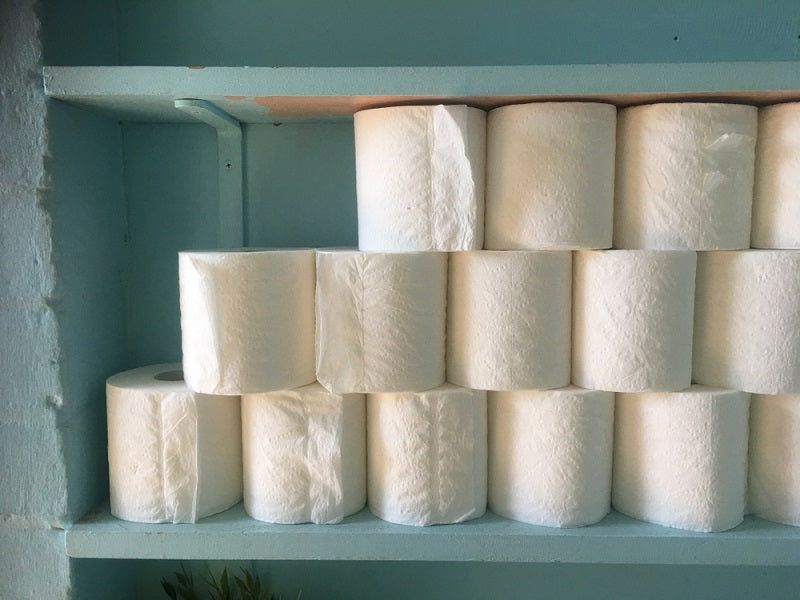
Running out of toilet paper creates unnecessary panic in any household. Those massive 24 or 36-roll packages might seem excessive, but they’re actually brilliant investments. The price per roll drops dramatically compared to smaller packs.
Storage is surprisingly manageable – stash extra rolls under beds, in linen closets, or on garage shelves. Unlike food, toilet paper never expires or degrades in quality over time.
Many families find that bulk packages last months, eliminating those emergency runs to convenience stores where you’ll pay premium prices. During supply chain disruptions or weather emergencies, you’ll thank yourself for having a healthy stockpile of this non-negotiable necessity.
2. Toothpaste and Toothbrushes

Morning and evening brushing adds up to 730 toothpaste uses per person annually! Multi-packs of toothpaste often cost 30-40% less per tube than buying singles. Dentists recommend replacing toothbrushes every three months, making multi-packs a no-brainer.
These dental essentials have surprisingly long shelf lives – most toothpaste remains effective for two years past its manufacture date. The packaging protects against moisture and contamination until opened.
Family-sized households particularly benefit from bulk dental care purchases. Keeping extras in your medicine cabinet prevents those late-night pharmacy runs when someone squeezes the last bit from the tube. Plus, having spare toothbrushes on hand for overnight guests shows thoughtful hospitality.
3. Bar Soap and Body Wash
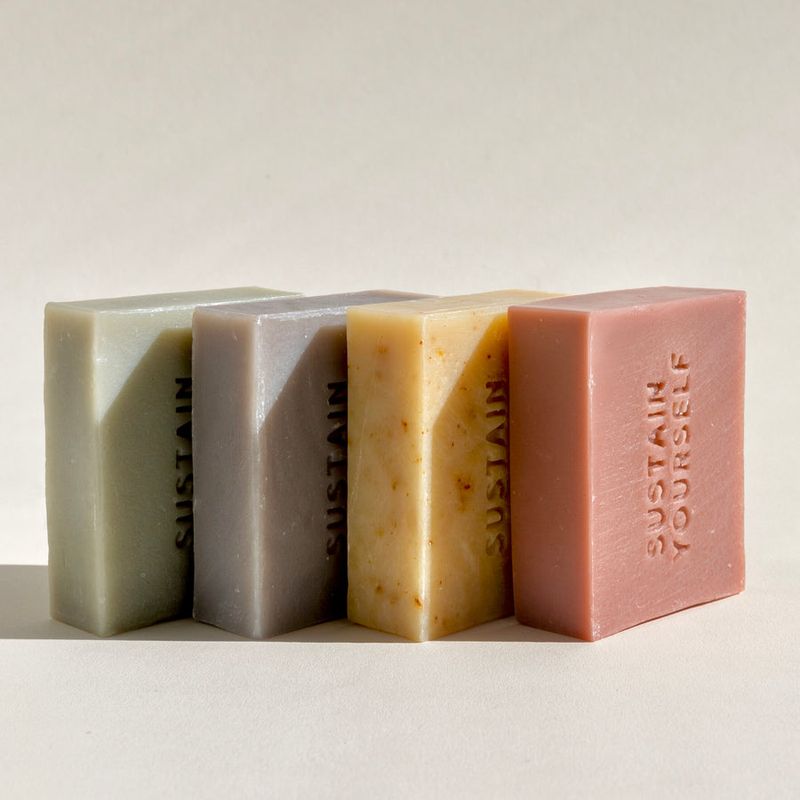
Soap might be the perfect bulk purchase candidate. Unlike many products, bar soap actually improves with age as it hardens and cures, lasting longer in the shower. Multi-packs from warehouse clubs typically slash the per-bar price by half compared to drugstore options.
Body wash enthusiasts aren’t left out – large pump bottles or refill packages offer similar savings. Most soaps remain effective for years when stored properly in cool, dry locations away from direct sunlight.
Smart shoppers watch for seasonal sales when manufacturers offer their deepest discounts on multi-packs. Having backup soap eliminates those awkward moments when you realize mid-shower that you’re using the last sliver. For guest bathrooms, bulk purchases ensure you’re always prepared for visitors.
4. Cleaning Supplies
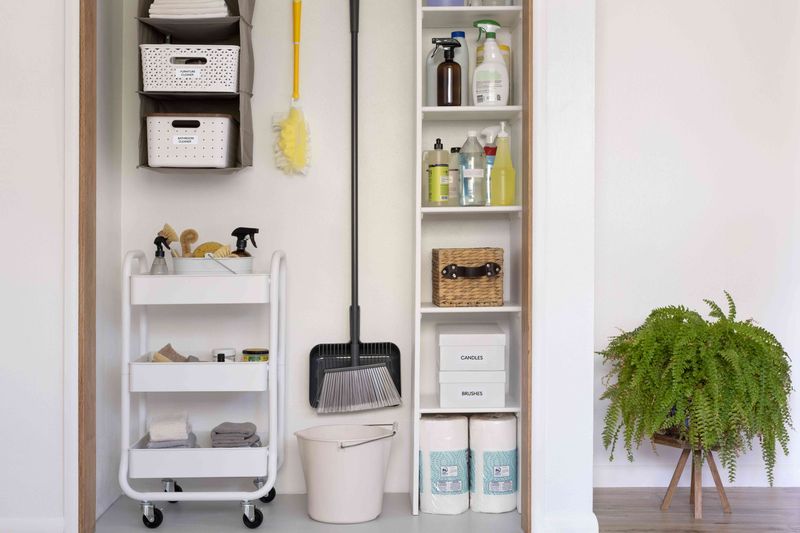
From kitchen counters to bathroom tiles, cleaning products disappear quickly in active households. Warehouse clubs and online retailers offer concentrated formulas and multi-packs that dramatically reduce the per-use cost. These products typically have shelf lives of 1-2 years, sometimes longer.
Buying in bulk also reduces plastic waste – larger containers use less packaging per ounce than multiple smaller bottles. Consider designating a utility closet or cabinet specifically for cleaning supply storage to keep everything organized.
Many cleaning products work more effectively when fresh, so while bulk buying makes sense, don’t go overboard. Calculate your actual usage rate before purchasing industrial-sized containers. For frequently used items like disinfectant wipes and all-purpose cleaners, bulk purchases almost always make financial sense.
5. Laundry Detergent
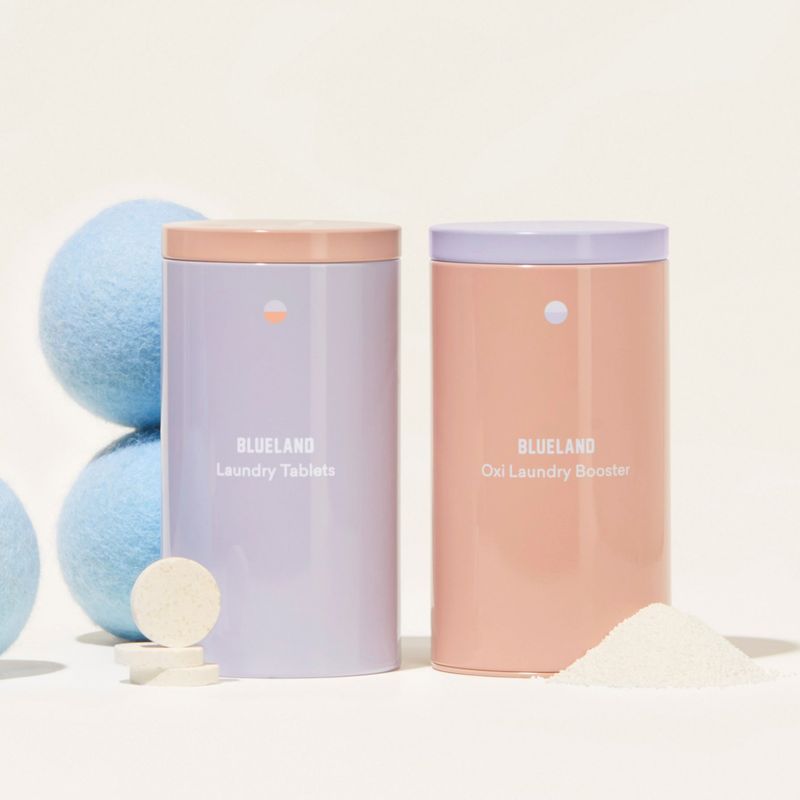
The average American family runs 8-10 loads of laundry weekly, making detergent a constant necessity. Large containers or bulk packs can save up to 50% per load compared to standard sizes. Modern concentrated formulas mean even bulky containers last for months.
Powder detergents have particularly impressive shelf lives – often 9-12 months after opening and years if unopened. Liquid formulas typically remain effective for about six months once opened but store sealed bottles for years.
Consider your storage situation before buying jumbo containers – these can be heavy and awkward to handle. If space allows, bulk purchasing eliminates frequent replenishment trips and protects against price increases. Some eco-conscious shoppers find refill stations or concentrate pods offer both bulk savings and reduced packaging waste.
6. Paper Towels
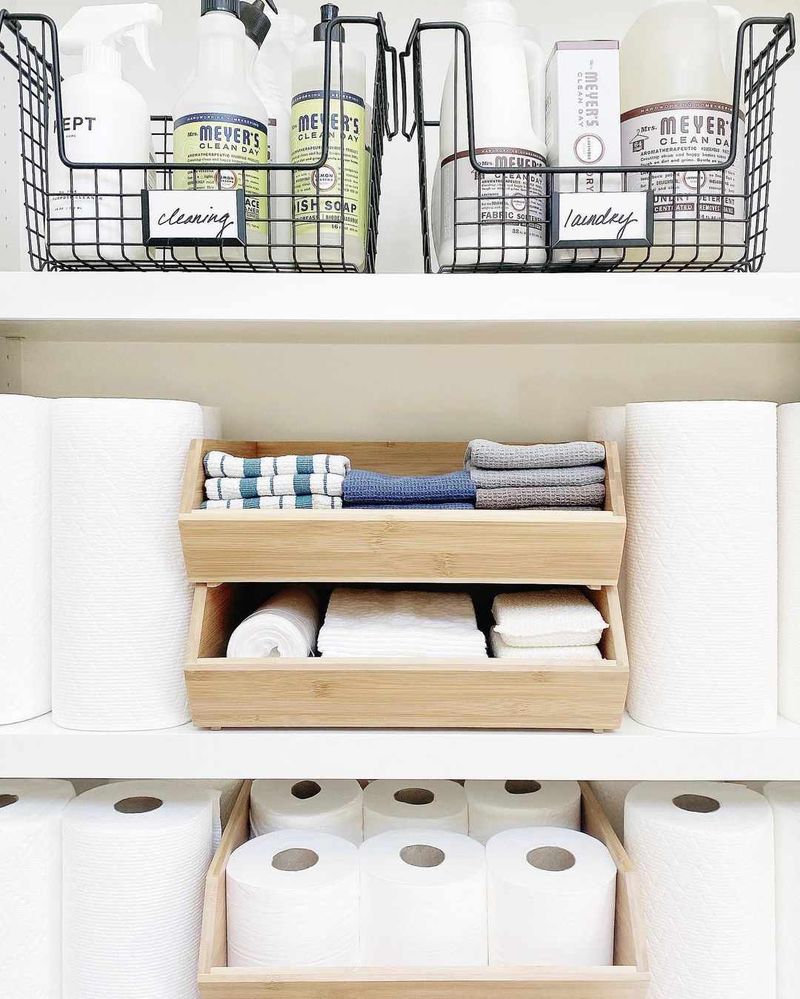
Kitchen spills happen daily, making paper towels a household essential that vanishes quickly. Warehouse clubs typically offer significant savings on large multi-packs compared to grocery store prices. Unlike some bulk purchases, paper towels maintain their quality indefinitely when stored properly.
Creative storage solutions make bulk paper towel purchases practical even in smaller homes. Unused rolls can be stored under beds, on top of kitchen cabinets, or in hall closets. Some organized households designate specific zones for paper products.
Quality matters with paper towels – higher-grade options might cost slightly more initially but require fewer sheets per cleanup. Consider the “select-a-size” varieties that allow you to tear off smaller portions for minor spills, stretching your bulk purchase even further. Having plenty on hand prevents borrowing from bathroom tissue during kitchen emergencies.
7. Bottled Water
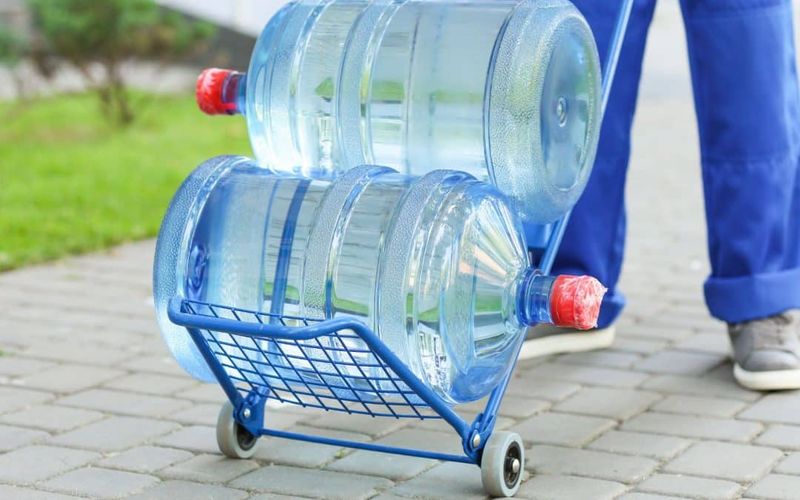
Whether for everyday hydration or emergency preparedness, bottled water makes perfect sense as a bulk purchase. Case pricing often represents savings of 30-40% compared to purchasing individual bottles. For households that rely on bottled water regularly, these savings accumulate quickly.
Storage requires some planning – cases can be stacked in garages, pantries, or under beds. Contrary to popular belief, commercially bottled water doesn’t “go bad,” though manufacturers typically include a two-year best-by date for peak taste.
Beyond convenience, having water on hand prepares you for unexpected situations like service interruptions or natural disasters. Environmentally conscious consumers might consider large refillable containers instead of individual bottles. Either way, buying in bulk reduces both cost and the frequency of lugging heavy packages from the store.
8. Canned Goods
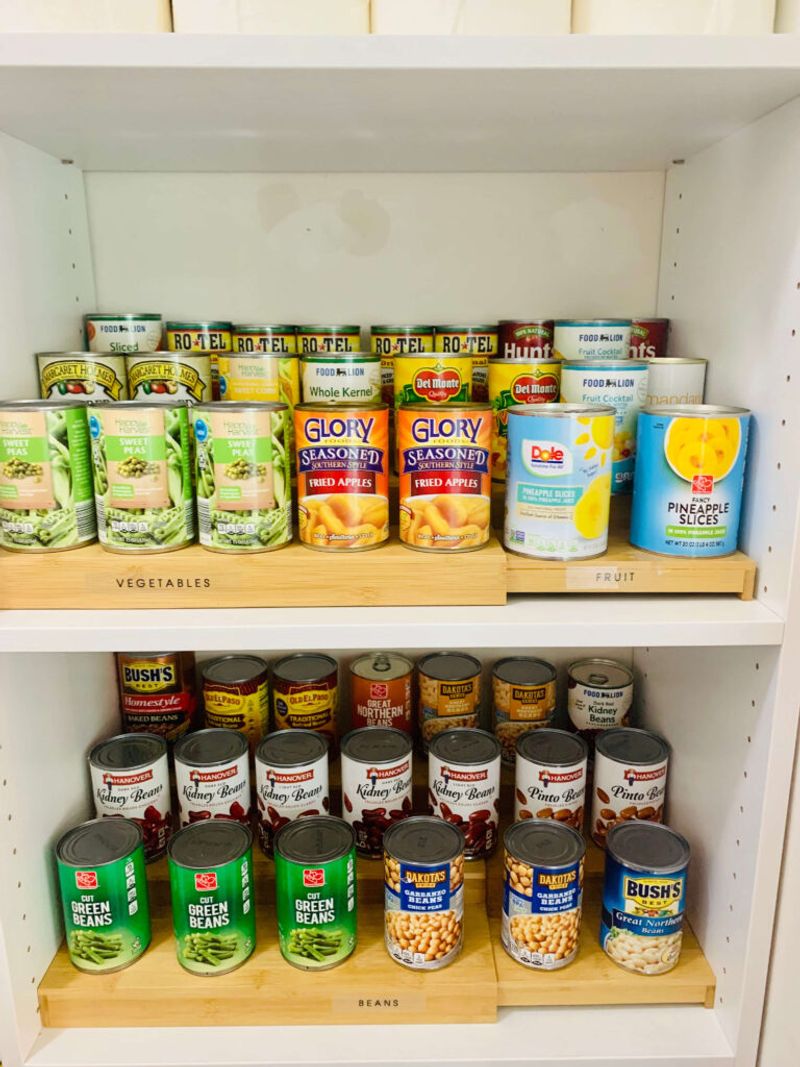
Canned vegetables, beans, soups, and tuna create the backbone of a well-stocked pantry. Most canned goods remain safe and nutritious for 2-5 years past their “best by” dates when stored properly. Case discounts at warehouse clubs or during grocery store sales events offer substantial savings.
Rotating your stock ensures nothing goes unused – simply place newer purchases behind existing items. Dedicate specific shelving for organized storage, grouping similar items together for easy meal planning.
Beyond savings, a well-stocked canned goods supply provides peace of mind during weather emergencies or unexpected financial challenges. Many nutritionists recommend keeping at least a two-week supply of shelf-stable foods. Focus bulk purchases on items your family consistently uses rather than exotic ingredients that might languish unused.
9. Pasta and Rice
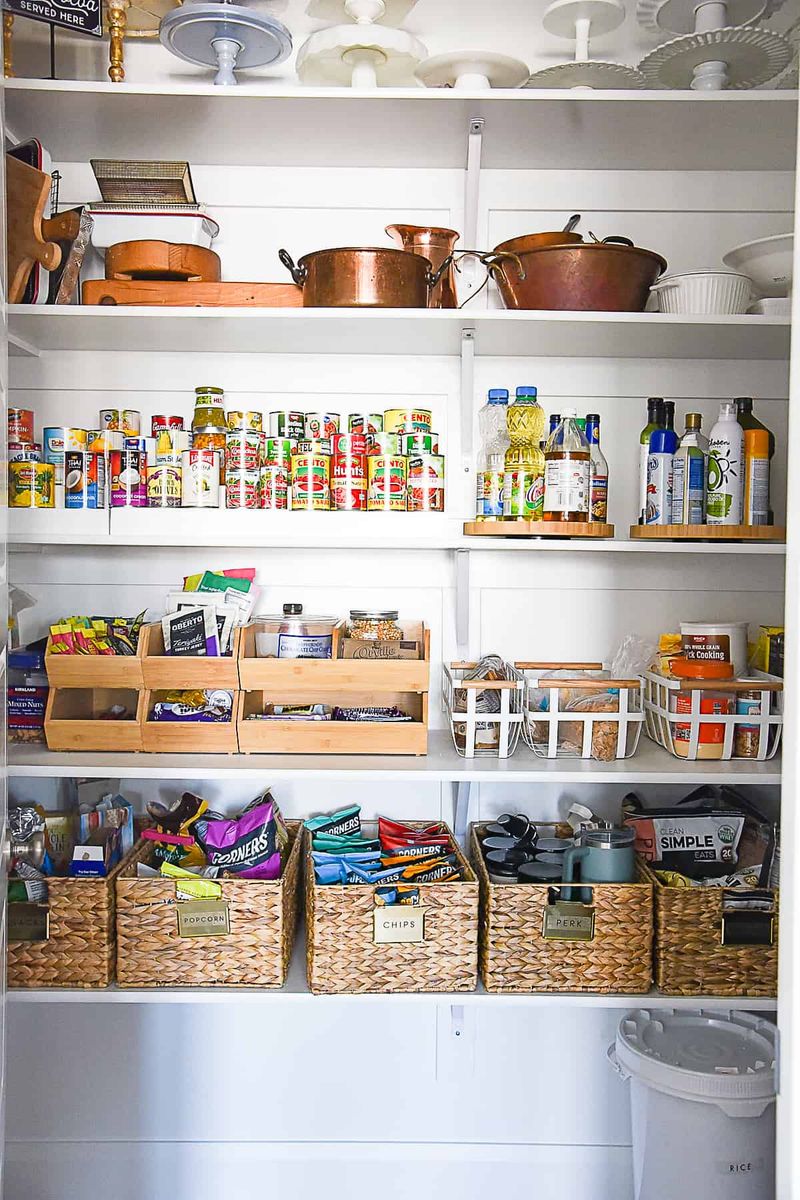
As dinner table staples worldwide, pasta and rice deserve prime positions on your bulk shopping list. These versatile carbohydrates form the foundation for countless meals and remain good for years when stored properly. Large bags from warehouse clubs or international markets offer dramatic savings per serving.
Proper storage extends shelf life significantly. Transfer products to airtight containers to prevent moisture and pests from ruining your investment. Clear containers allow you to monitor inventory at a glance.
White rice can last 4-5 years when stored correctly, while pasta typically maintains quality for 1-2 years past its printed date. Brown rice contains natural oils that limit shelf life to about six months unless refrigerated. For households that prepare rice or pasta weekly, bulk purchasing eliminates the frustration of running out mid-recipe.
10. Sealed Snacks
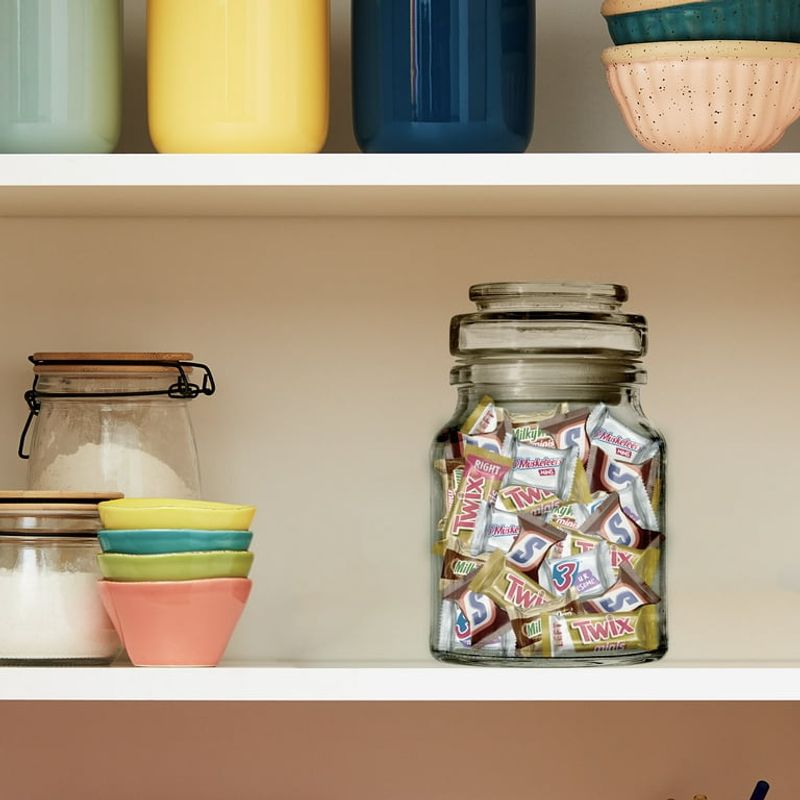
School lunches, work breaks, and road trips create constant demand for portable snacks. Individually packaged items like granola bars, fruit snacks, and crackers often cost 40-50% less when purchased in bulk cartons. The factory sealing keeps these treats fresh until opened.
Most packaged snacks remain good for 3-6 months, making bulk purchases practical for families. Create a designated “snack zone” in your pantry where family members can easily grab options without rummaging through everything.
Watch for sales that coincide with back-to-school season when manufacturers offer their deepest discounts on lunchbox-friendly items. Variety packs prevent flavor fatigue while still capturing bulk savings. Just be realistic about your family’s consumption patterns – even the best deal wastes money if half the package expires unused.
11. Spices and Seasonings
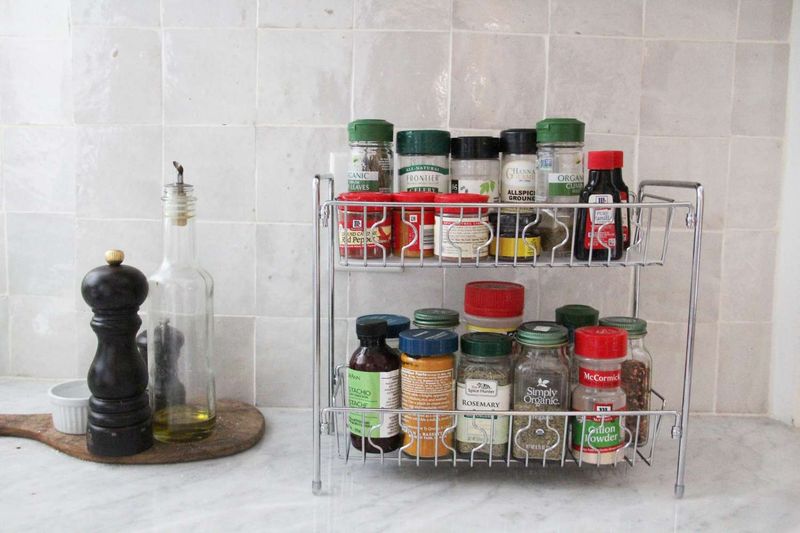
Frequent cooks know the frustration of reaching for an empty spice jar mid-recipe. Bulk spice purchases solve this problem while delivering remarkable savings – sometimes 80-90% less per ounce than grocery store jars! Salt, pepper, garlic powder, and cinnamon deserve bulk status in most kitchens.
Contrary to popular belief, properly stored spices don’t “go bad” – they gradually lose potency. Whole spices like peppercorns and cinnamon sticks maintain flavor for 3-4 years, while ground versions last 1-2 years. Airtight containers stored away from heat and light preserve freshness.
Restaurant supply stores offer excellent bulk spice values without requiring membership fees. For specialty spices used infrequently, stick with smaller quantities. Some enthusiasts split large packages with friends, giving everyone the bulk price advantage without storage challenges.
12. Coffee and Tea
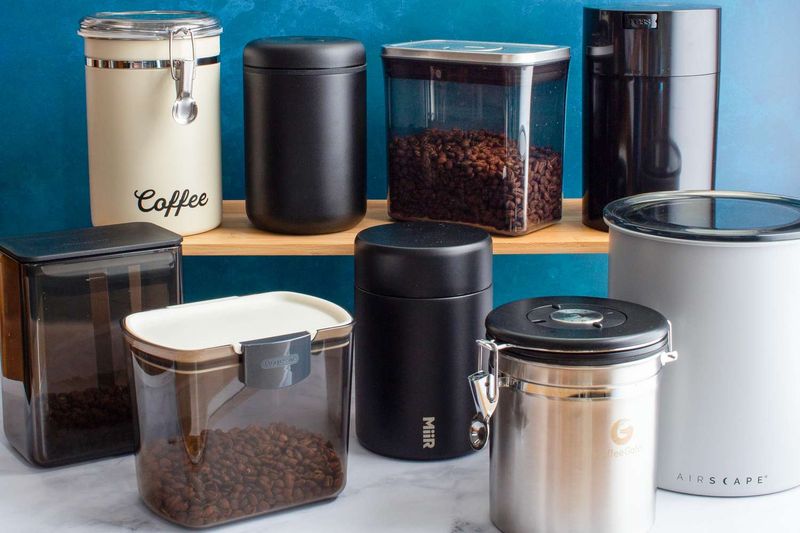
Morning rituals become expensive when purchasing premium coffee or tea in small quantities. Bulk coffee beans often cost half the price per ounce compared to standard supermarket packages. For daily drinkers, these savings accumulate rapidly.
Coffee maintains peak flavor for 2-4 weeks after roasting when stored properly. Freeze portion-sized amounts in airtight containers to extend freshness for months. Many coffee enthusiasts purchase whole beans in bulk, grinding small batches as needed.
Tea lovers benefit similarly from bulk purchasing, especially for daily varieties. Most properly stored tea remains flavorful for 1-2 years. Consider your actual consumption rate before buying industrial quantities – even bargain-priced coffee wastes money if it becomes stale before use. For households with multiple coffee or tea drinkers, bulk purchasing makes financial and practical sense.
13. Diapers and Baby Wipes
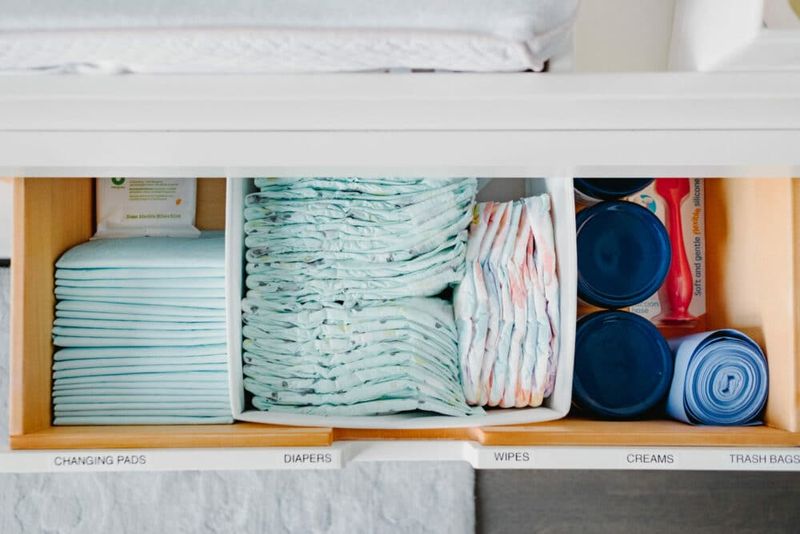
New parents quickly discover that babies require astonishing quantities of diapers – approximately 2,500-3,000 in the first year alone! Buying in bulk can save $300-500 annually compared to purchasing small packages. Many subscription services offer additional discounts for regular bulk deliveries.
Storage requires some planning but becomes routine. Many parents dedicate a closet shelf or under-crib space specifically for diaper storage. Unlike some bulk purchases, there’s little risk of having “too many” diapers since they’ll definitely be used.
Wipes follow similar logic – babies need them constantly, and they don’t expire. The only caution involves buying too many of a specific size, as babies grow quickly. Most experienced parents recommend keeping 1-2 month’s supply of the current size and perhaps one large box of the next size up.
14. Pet Food and Litter
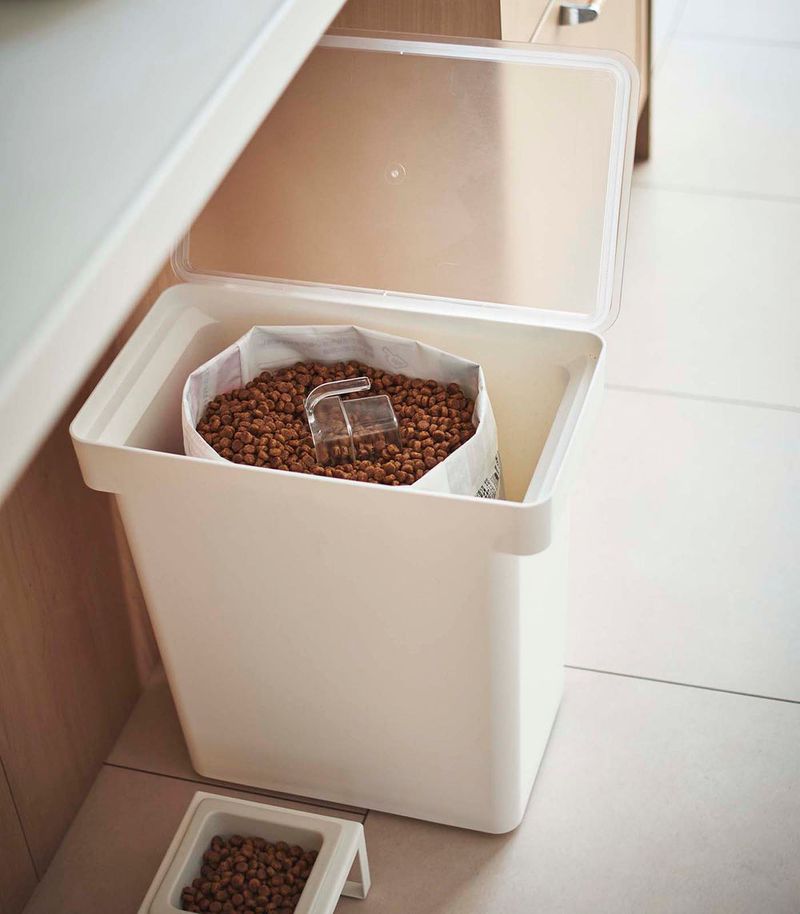
Furry family members have predictable, ongoing needs that make bulk purchasing logical. Large bags of pet food typically cost 20-30% less per pound than smaller packages. Most dry pet foods remain fresh for 1-2 months after opening when stored properly in airtight containers.
Cat litter represents another perfect bulk purchase opportunity. The savings per pound can be substantial, and unlike some products, there’s no quality degradation over time. Many pet owners dedicate specific storage bins or areas for these bulky necessities.
Consider your pet’s preferences before committing to massive quantities – some finicky eaters reject food that’s been open too long. For multiple-pet households or those with large dogs, the savings from bulk purchasing can amount to hundreds of dollars annually. Just ensure you have appropriate pest-proof containers to protect your investment.
15. Juice Boxes and Lunch Items
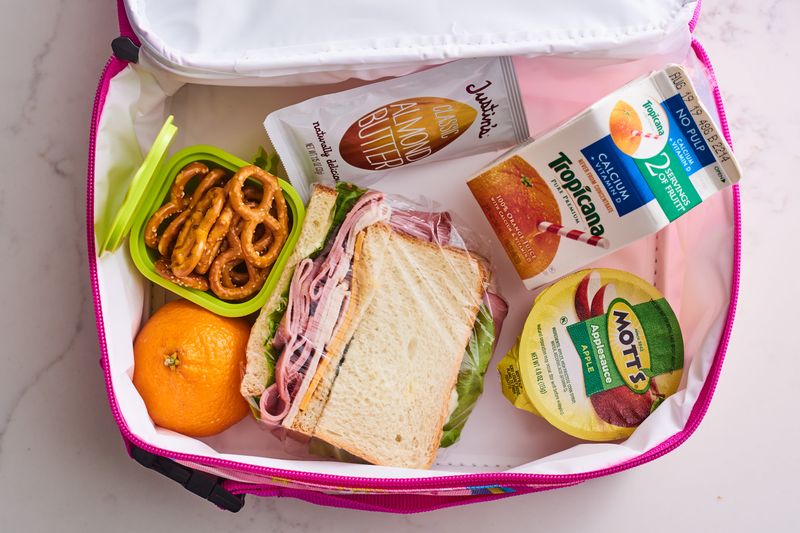
School mornings become much smoother when lunch supplies are always on hand. Juice boxes, applesauce pouches, and individually packaged snacks cost significantly less when purchased by the case. Most have shelf lives of 6-12 months, making bulk purchases practical for families.
Creating a dedicated “lunch packing station” in your pantry streamlines morning routines. Stock it with bulk-purchased items arranged for easy access. Children can help pack their own lunches when supplies are visible and organized.
Watch for back-to-school sales when retailers offer the deepest discounts on lunchbox staples. The only caution involves buying too much of items children might suddenly decide they no longer enjoy. Start with moderate bulk purchases of proven favorites, then scale up for items that consistently get eaten. Having these items on hand also works perfectly for after-school snacks and weekend activities.
16. Batteries
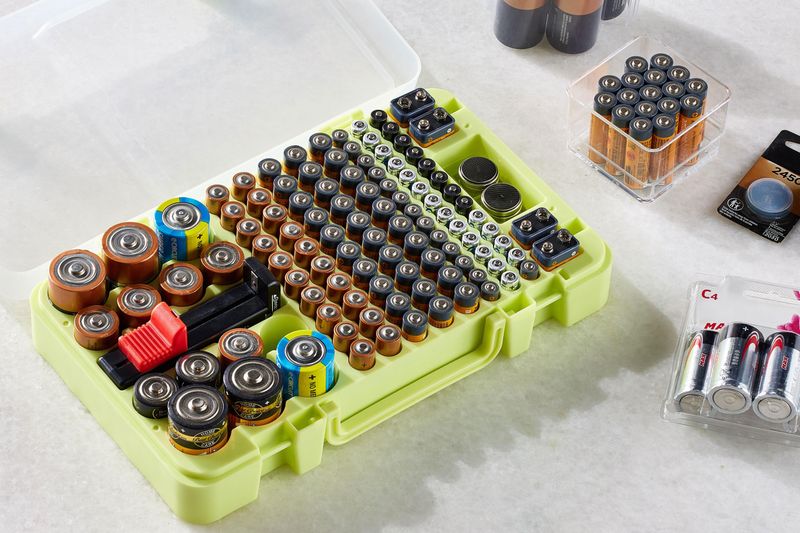
From remote controls to children’s toys, battery-powered devices surround us. The price difference between individual packs and bulk packages can be staggering – often 50-70% savings per battery! Most alkaline batteries maintain their charge for 5-7 years when stored properly at room temperature.
Holiday seasons dramatically increase battery usage in many households. Smart shoppers stock up during sales rather than paying premium prices during high-demand periods. A simple plastic container keeps different sizes organized and accessible.
Rechargeable batteries offer another bulk-buying opportunity with even greater long-term savings. The initial investment is higher, but the ability to reuse them hundreds of times creates substantial value. For frequently-used devices like game controllers or digital cameras, having spare batteries prevents frustrating interruptions. Just avoid excessive quantities of specialty sizes used in few devices.
17. Over-the-Counter Medications
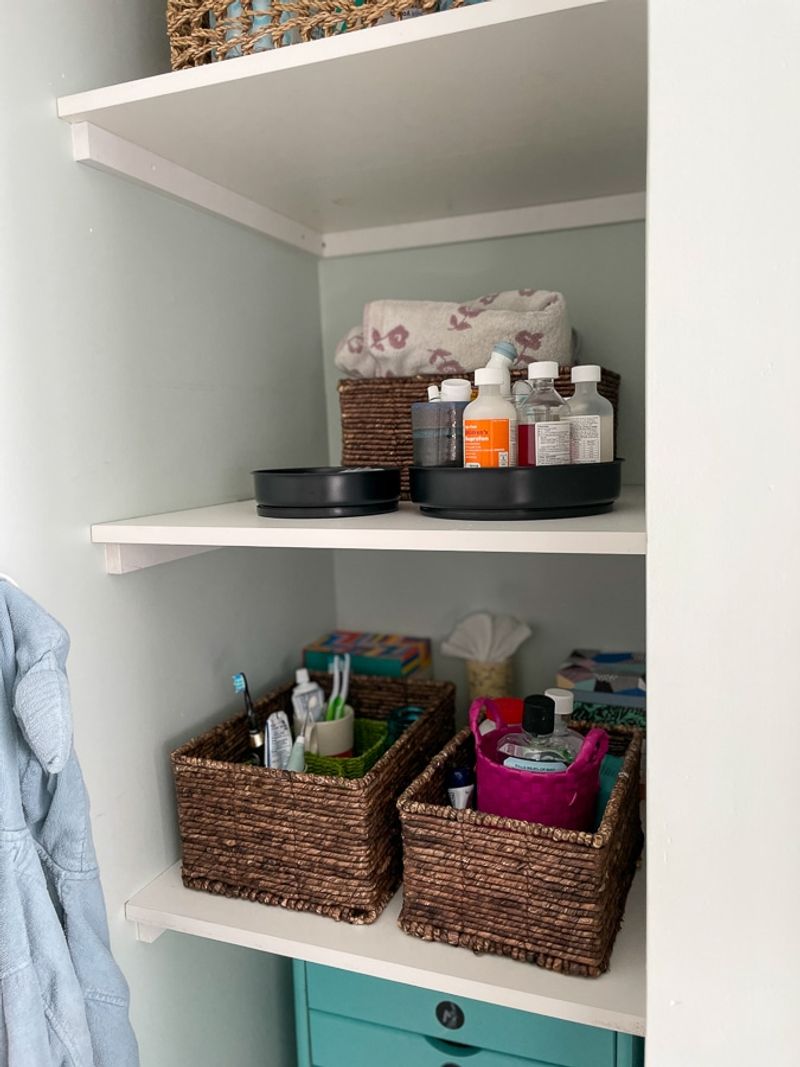
Headaches and allergies don’t schedule appointments! Having common medications on hand prevents middle-of-the-night pharmacy runs. Large bottles of pain relievers, allergy medications, and antacids from warehouse clubs typically cost 30-50% less per dose than drugstore versions.
Most OTC medications remain effective for 1-2 years past their expiration dates, according to multiple studies. Store them in cool, dry places away from bathroom humidity and medicine cabinet heat. Always check for child-resistant packaging if young visitors might access storage areas.
Create a simple inventory system to track expiration dates, using the oldest products first. For households with regular medication needs, the convenience of having supplies on hand combines perfectly with the cost savings. Just avoid excessive quantities of seasonal items or medications used infrequently – even bargains waste money if they expire unused.

Comments
Loading…